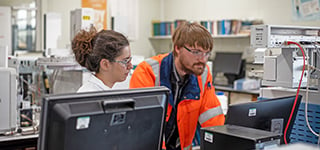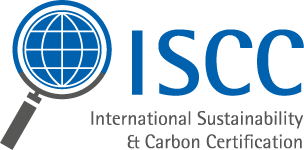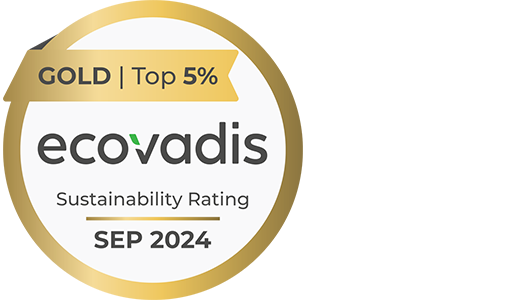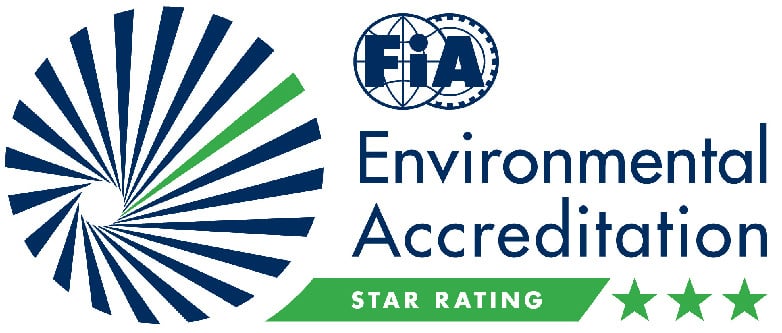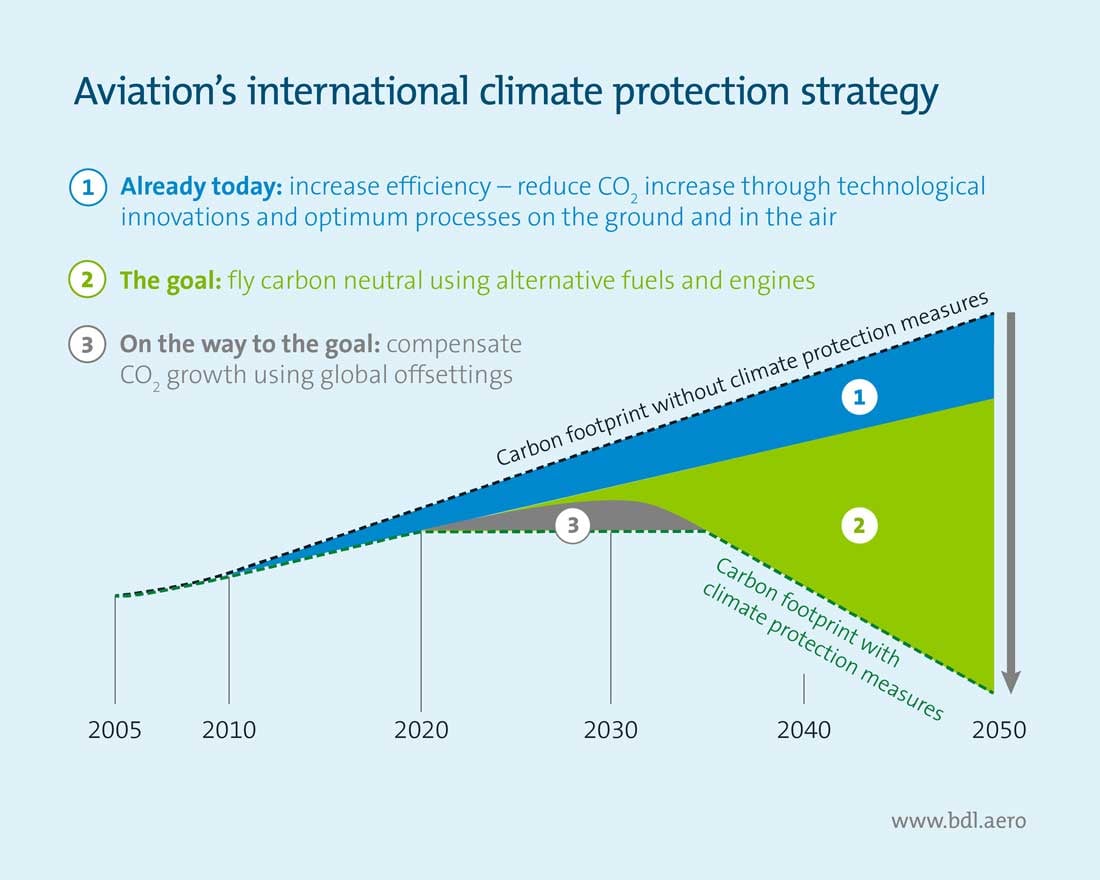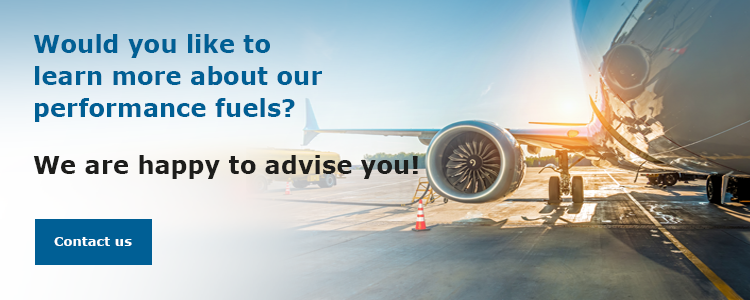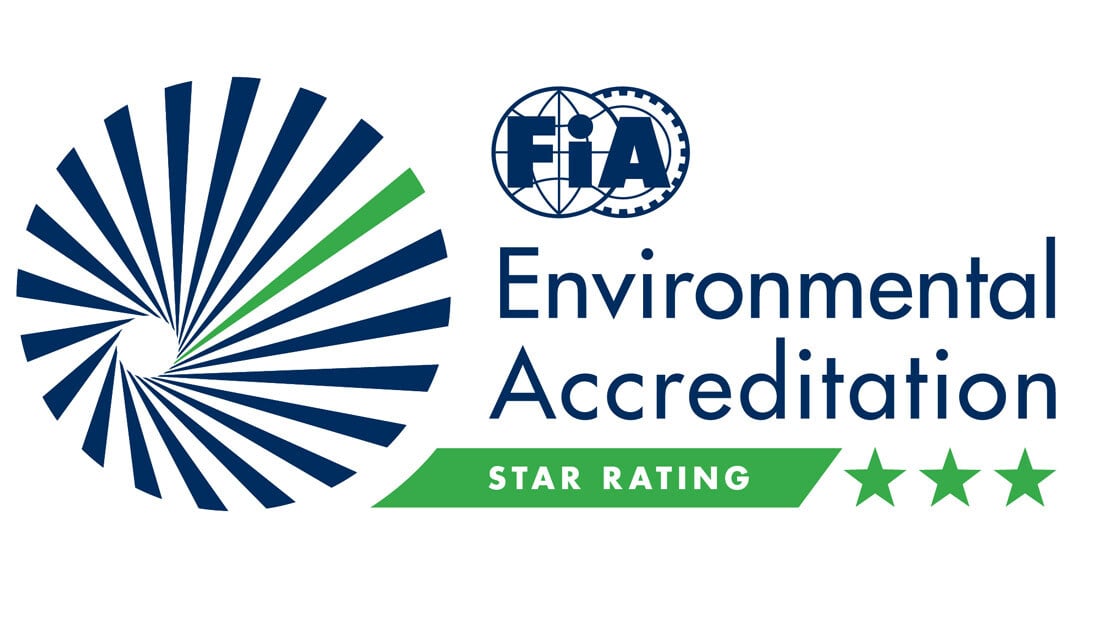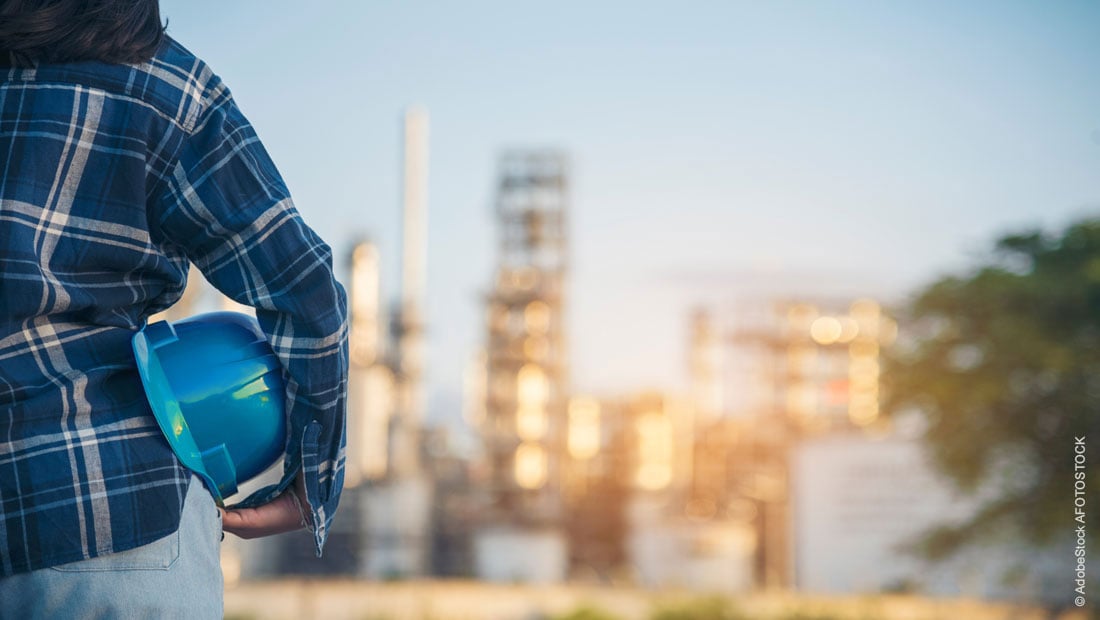
The urgency of sustainability and environmental protection is setting the agenda for modern aviation. With rising passenger numbers, increasing air freight volumes and specific political directives, the search for alternatives to fossil-based aviation fuels and effective strategies to reduce CO₂ emissions is intensifying. In this context, alternative fuels - Sustainable Aviation Fuel (SAF) - are proving to be a key innovation for achieving climate-neutral air travel. Learn more about the various technological solutions and discover which strategies have already been transformed from visionary concepts into tangible realities.
Is CO2-neutral aviation possible?
Imagine boarding a plane with the conscience that you are not harming the environment. Is it possible to fly CO2-neutral?
The aspiration to fly has always been a dream of mankind, which has become part of everyday life for us today and makes our lives easier in so many ways - flying on holiday, getting to the other side of the world quickly, being more mobile on business or distributing goods globally via air freight.
Due to the increase in global air traffic, CO2 emissions have also risen steadily. According to the German Air Transport Association, global air transport causes a total of approximately 3.06% of global CO2 emissions (Source: → Climate Protection in Aviation, → BDL).
Sustainable Aviation Fuel (SAF) is an important building block in climate protection in aviation
Increased awareness of the environmental impact of flying on fossil fuels and specific regulations on the use of sustainable aviation fuels has led to a rise in innovative, environmentally conscious ideas and concepts in the oil, energy and chemical industries. Investments are being made in climate-friendly technologies, and the role of sustainable fuels in the transition to greener aviation is being emphasised.
Source: Climate Protection Report - German Air Transport Association (www.bdl.aero)
Environmentally responsible aviation thanks to Sustainable Aviation Fuel (SAF)
Sustainable Aviation Fuel (SAF) is one of the biggest levers worldwide for short-term reduction of CO2 emissions and defossilisation of aviation. Sustainable Aviation Fuels (SAF) are playing an increasingly important role. They are not only more climate-responsible, but also enable greater independence from crude oil and fluctuating crude oil prices. The topic of Sustainable Aviation Fuel (SAF) is also being promoted politically: Already in a → 2019 report, prepared jointly by the aviation authority Easa, the environment agency EEA and the European Organisation for the Safety of Air Navigation EUROCONTROL, the importance of new technologies to meet the Paris environmental goals is highlighted, and the authors urged the EU's role as a leader in implementation.
The Council of the European Union has made a commitment and included the increased use of Sustainable Aviation Fuel (SAF) in its plans for a climate-neutral Europe by 2050. The new regulation on the so-called → ReFuelEU Aviation initiative, which was adopted in October 2023, regulates a SAF blending requirement for fuels delivered to EU airports and thus ensures a competitive level playing field for sustainable aviation in the EU.
From 2025, aviation fuel must contain a minimum proportion of Sustainable Aviation Fuel (SAF) and from 2030 a minimum proportion of synthetic fuels.
The plan is to gradually increase the share:
- Sustainable Aviation Fuel (SAF) → from 2% in 2025 to 6% in 2030 to 70% in 2050.
- Synthetic fuels → 1.2% in 2030 to 35% in 2050.
Industry is already a step ahead in this respect. Innovative chemical companies have not only established sustainability as an important strategic pillar in their corporate culture, but are also increasingly focusing on an environmentally friendly portfolio and forward-looking technologies. Synthetic fuels are no longer just an idea, but have already been developed and tested. Chemical companies with long-term sustainability approaches have already started tangible production plant projects.
Find out more on the Haltermann Carless Sustainable Aviation Fuel (SAF) webpage:
Stay informed with our Blog!Subscribe to our blog and benefit from regular information on sustainable hydrocarbons, research & development and supply chain management: |
Sustainable Aviation Fuel (SAF): Overview of key SAF technologies
SAF processes comprise a variety of key technologies. These include the Fischer-Tropsch method and the Hydroprocessed Esters and Fatty Acids (HEFA) process, both of which play a crucial role in the conversion of biomass and waste oils into sustainable aviation fuel. Power-to-Liquid (PtL) is a new alternative fuel production pathway.
Among the important SAF processes, the Alcohol-to-Jet (AtJ) method deserves special attention as it converts alcohols from sustainable sources such as biomass into synthetic aviation fuel, adding a significant dimension to the repertoire of strategies for cleaner aviation. Also AtJ is a proven technology for the production of Sustainable Aviation Fuel (SAF).
Sustainable Aviation Fuel (SAF) overview:
copyright: Haltermann Carless
- Hydrogenated Vegetable Oils (HVO) process
Hydrogenated vegetable oils or HVOs are vegetable oils that are converted into hydrocarbons by means of a catalytic reaction with the addition of hydrogen (hydrogenation). HVOs can be used as an admixture in fuels or can replace them completely. - Fischer-Tropsch process (Biomass-to-Liquid - BTL)
Named after Franz Fischer and his colleague Hans Tropsch, who developed a process for converting a synthetic gas from carbon monoxide and hydrogen into liquid hydrocarbons at the Kaiser Wilhelm Institute for Coal Research in Mülheim an der Ruhr (Germany) in 1925. With this large-scale method, any carbon-rich material can be used. It is therefore particularly suitable for processing biomass from which paraffin can be obtained. - Power-to-Liquid (PTL) technology
Renewable energy from the sun, water or wind, CO2 and water can be used to produce a synthetic gas, which is then in turn used to produce liquid paraffin through synthesis and fractionation in a Fischer-Tropsch plant. - Alcohol-to-jet (ATJ) process
This technology produces alcohol from plant-based, predominantly sugar-containing waste materials. The alcohol is subsequently dehydrated and then converted into paraffin via standard refinery processes.
Sun-to-liquid technology
In this technology, sunlight plays the decisive role - in a solar reactor, concentrated solar rays split a metal oxide into metal and oxygen ions. With the addition of carbon dioxide and water vapour, the synthetic gas is then formed, which is then converted into alternative paraffin using the Fischer-Tropsch process. - Hydroprocessed Esters and Fatty Acids (HEFA) methodology
In this process, Sustainable Aviation Fuel (SAF) is produced on the basis of esters and fatty acids. The fats and oils consisting of used fats, food waste, vegetable oils or fatty acids from the refining process are first hydrogenated. The resulting oil can be refined into paraffin in a similar way to crude oil.
Conclusion
The future of aviation is becoming greener - thanks to new technologies and alternative fuels. Sustainable Aviation Fuel (SAF) is available today and they enable climate-responsible aviation. This shows how forward-looking and innovative chemical companies can contribute to climate-neutral flying.
Sustainable flying – read also these articles:
- SAF from Haltermann Carless contributes more climate-neutral aviation
- Alcohol-to-Jet (AtJ) process can help deliver sustainable flying
Or visit our SAF webpage:





